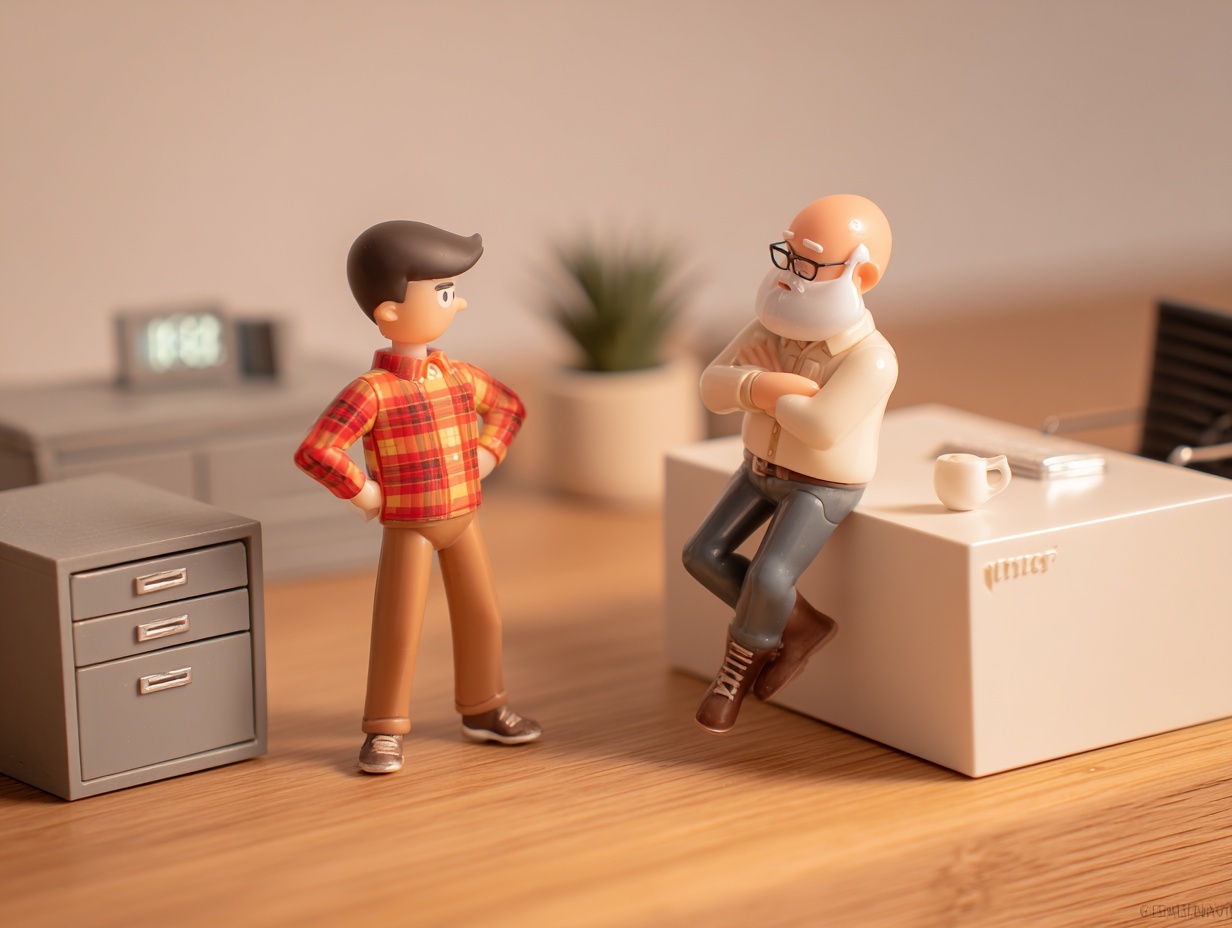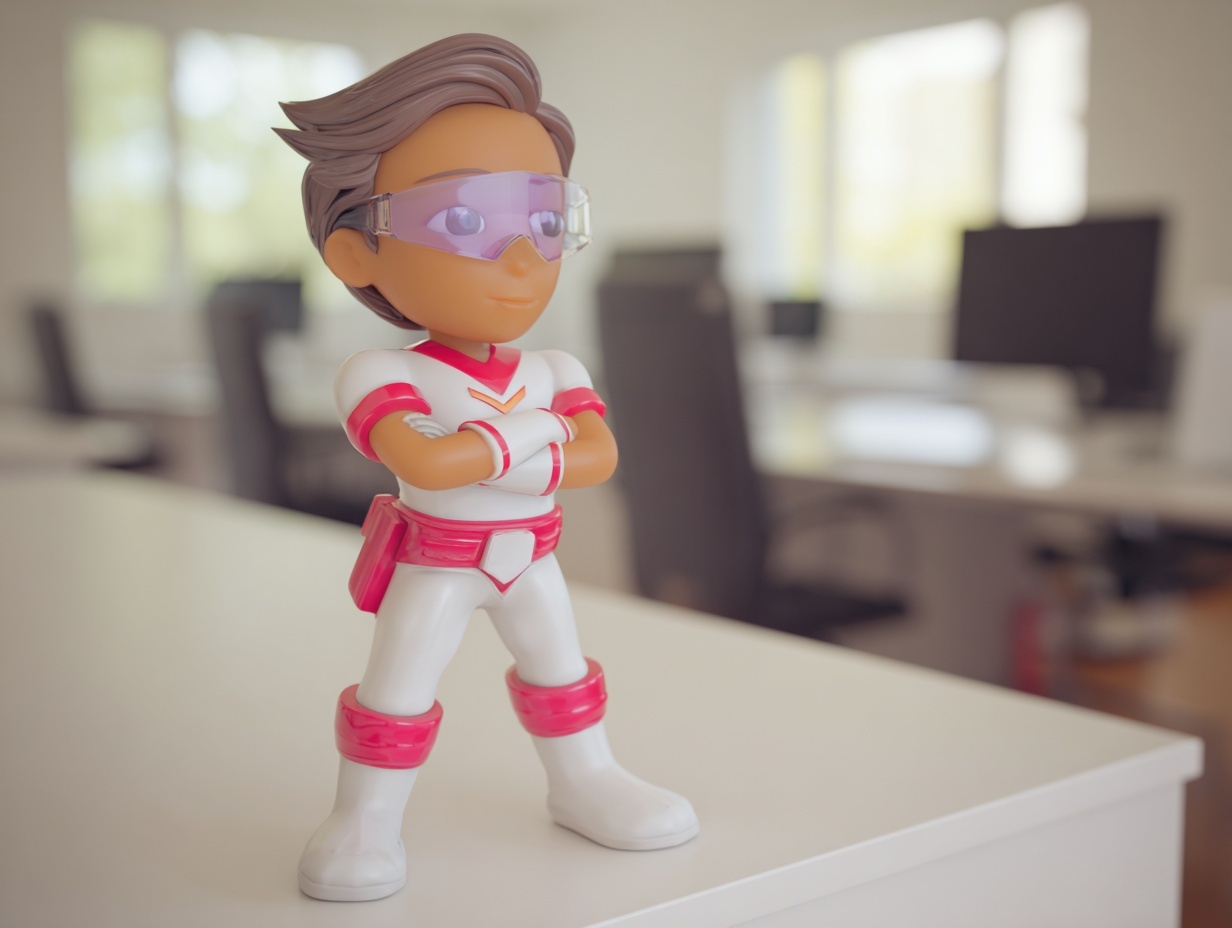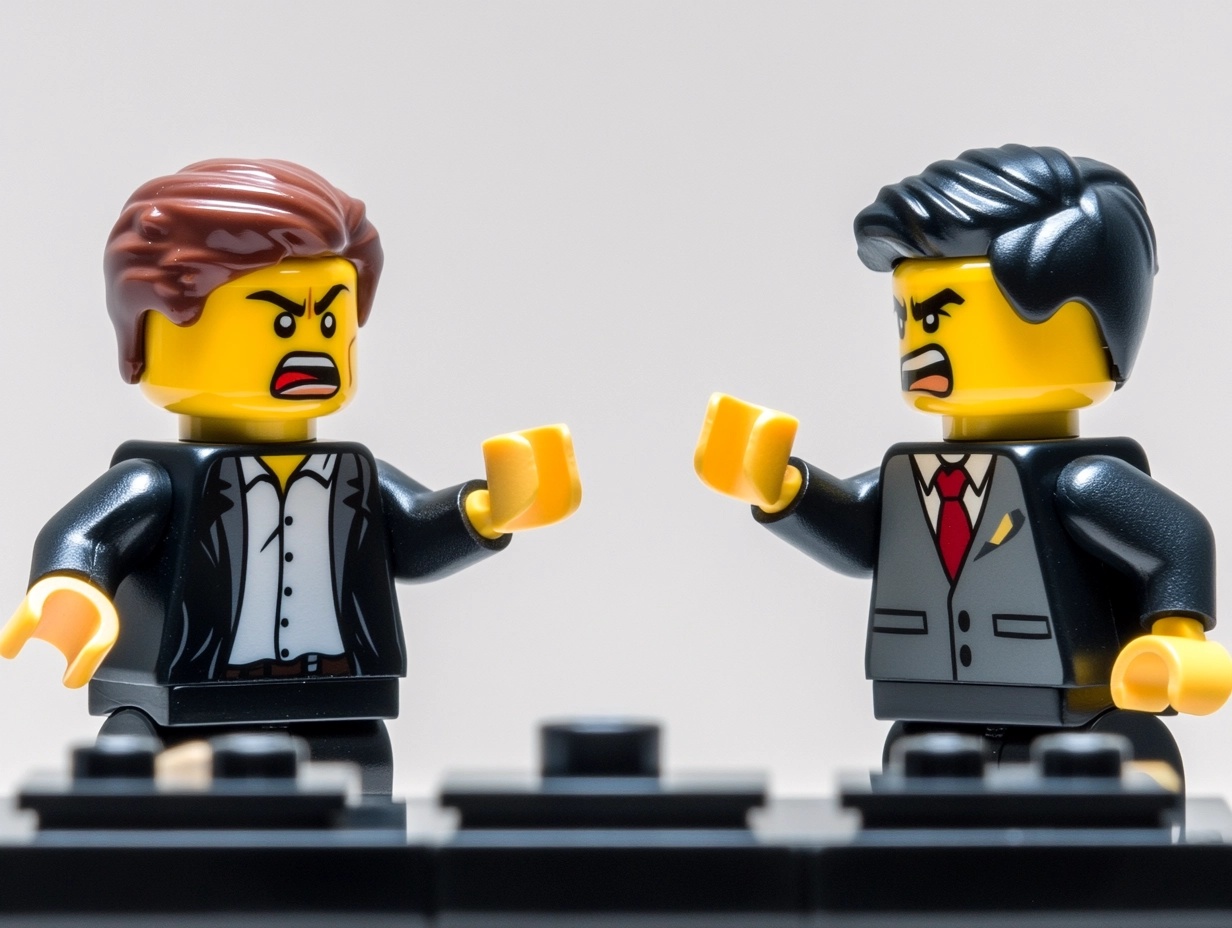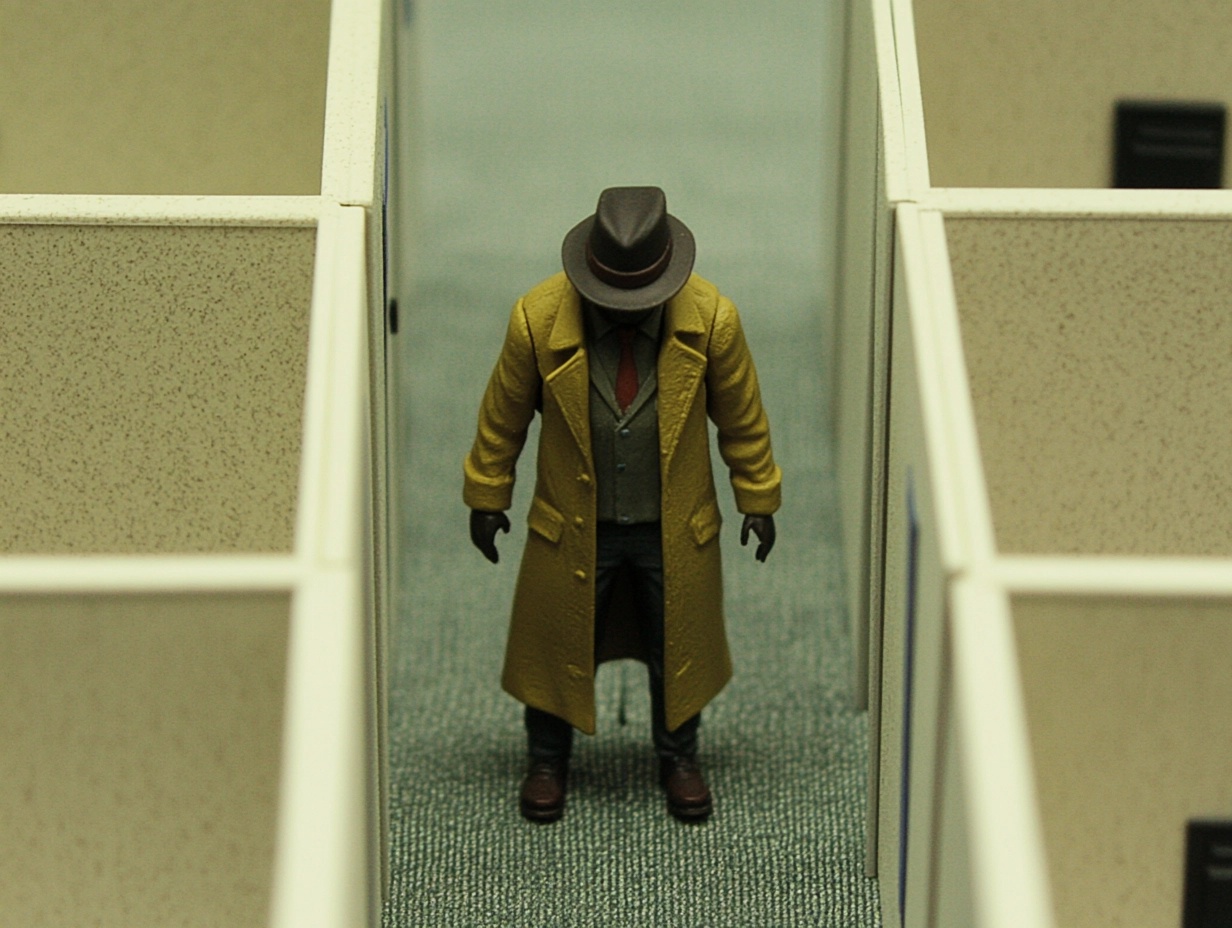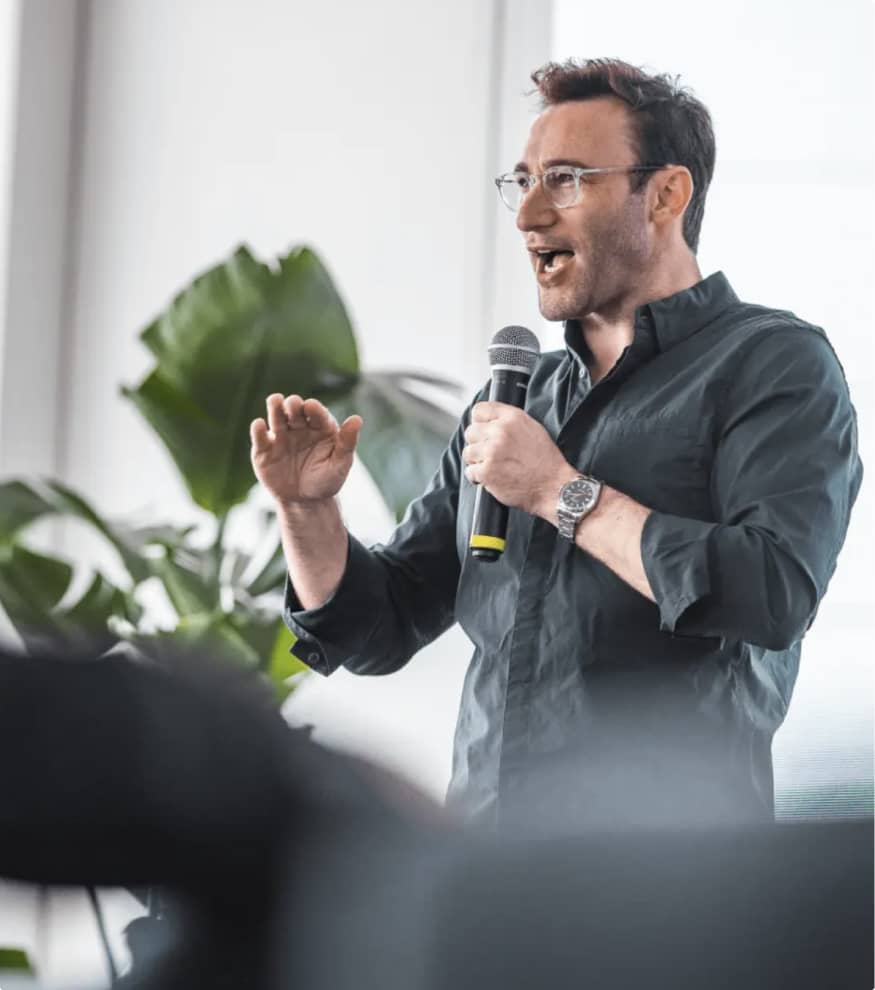Imagine a time when newspaper headlines are absolutely roasting an entire generation of workers. They’re calling them lazy, entitled, and fundamentally allergic to hard work. The media is having a field day tearing apart these young employees who just don’t seem to “get it.”
Sound familiar?
Plot twist: Those headlines weren’t about Gen-Z. It was the early 1990s, and they were about Gen-X.
“The paradox is that on one hand, members of this generation don’t want to be ruled by the company. They want to have a life. On the other hand, they’re impatient waiting for job promotions and want all the perks associated with ‘paying one’s dues.'”
“The boring twenties: grow up, crybabies, you’re America’s luckiest generation.”
“They crave entertainment, but their attention span is as short as one zap of a TV dial.”
Welcome to the timeless tradition of workplace moral panic. Every generation gets the same treatment with slightly different vocabulary. Gen-X was “slacking.” Millennials were “entitled snowflakes who needed participation trophies.” Now Gen-Z is “too authentic” and “doesn’t understand professionalism.”
As Mark Twain never actually said (but definitely should have): History doesn’t repeat, but it sure does rhyme.
Here’s What’s Actually Happening
If you’re a member of Gen-Z, you grew up in a world where authenticity was currency. Your parents told you to “just be yourself,” social media rewarded realness over perfection, and then COVID hit. Suddenly everyone was working in sweatpants for two years. Meanwhile, your bosses grew up watching movies where people wore actual suits to work and said things like “synergy” without a trace of irony.
Add to that the fact that you witnessed the 2008 financial crisis at a formative age, watching parents and loved ones navigate layoffs and economic uncertainty. Of course you approach work differently. You’ve seen how quickly “company loyalty” can evaporate when budgets get tight.
But here’s the thing: those older generations? They were once workplace rookies too, figuring it out as they went along. They’re not trying to crush your spirit. They’re just operating from a different playbook while trying to keep their own careers intact.
So let’s bridge that gap. The following seven phrases might feel natural to say, but they’ll make your boss’s eye twitch, and potentially derail your career trajectory. This is about more than selling your soul to corporate culture; it’s about strategic communication.
1. “That’s Not My Job”
Why it backfires: Every generation before you heard this phrase as code for “I’m not a team player.” Even when you’re technically right about job scope, it lands like a brick wall.
The reality: Boundaries are crucial, and you shouldn’t be expected to do everyone else’s work. But there’s a way to protect your time without sounding inflexible.
Try this instead: “I’m happy to help with that. Can we discuss how this fits with my current priorities?” You’re still protecting your bandwidth, but you’re doing it in Corporate Speak™.
2. “I Don’t Check Email After Hours”
Why it backfires: Boundaries are beautiful, and work-life balance is essential. But announcing this like you’re leading a revolution can come across as inflexible, even when you’re just trying to set clear expectations.
The reality: Different roles and industries have different norms around availability. What matters is being clear about expectations upfront.
Try this instead: “I typically handle emails during business hours to ensure I can give them my full attention. If something urgent comes up after hours, feel free to call me at any time and I’ll jump right on it.” Same boundary, more professional packaging.
3. “Can We Do This Remotely Instead?”
Why it backfires: You’ve experienced the productivity boost of working from home, and you know that commuting two hours for a 30-minute check-in doesn’t make sense. But asking to work remotely for everything—especially when you’re new—can signal that you’re not invested in team culture.
The reality: Remote work is still being figured out by most organizations. Some things genuinely work better in person, especially relationship-building and complex problem-solving.
Try this instead: “I’m flexible on location for this. What works best for the team?” Show that you’re thinking about effectiveness for everyone, not just convenience for you.
4. “I’m Not Really a Morning Person”
Why it backfires: Here’s some tough love: no one cares about your circadian rhythms in a 9-to-5 world. Your boss probably isn’t a morning person, either.
The reality: Most workplaces still operate on traditional schedules, and being present (mentally and physically) when you need to be is part of the job.
Try this instead: Work on solutions rather than announcements. Develop a morning routine, adjust your sleep schedule, or find other ways to be alert when it matters. If you genuinely need accommodation, discuss it privately with HR.
5. “This System is So Outdated”
Why it backfires: Yes, you’re probably right. Yes, there’s definitely a better app for that. Yes, you could build something more efficient in your sleep. But leading with criticism makes you sound like you think everyone before you was incompetent.
The reality: Sometimes organizations change slowly for good reasons, whether it’s legacy systems, budget constraints, training costs, and the risk of disrupting workflows.
Try this instead: “I’ve been thinking about ways we might streamline this process. Would you be open to discussing some options?” Same observation, but now you’re a problem-solver instead of a critic.
6. “I Saw Your Personal Instagram/TikTok/Facebook”
Why it backfires: Just because your boss accepted your follow request doesn’t mean their weekend kayaking trip or their kid’s graduation photos are appropriate conversation starters at work. The lines between personal and professional are blurry enough. No need to make them worse.
The reality: Social media boundaries at work are still evolving, and many people prefer to keep their personal lives separate from their professional relationships.
Try this instead: Keep the social media observations to yourself, even if their vacation photos from 2019 were genuinely amazing.
7. “This Could Have Been an Email”
Why it backfires: Look, you’re absolutely right. That 45-minute meeting about the meeting you’re going to have about the project timeline definitely could have been a Slack message. But saying this out loud is like pointing out that someone’s expensive haircut looks terrible. In other words: It’s accurate, but not helpful.
The reality: Your boss probably knows it too, but they’re dealing with their own boss who loves meetings about meetings. Sometimes the meeting exists for political reasons you’re not seeing.
Try this instead: Just smile, take notes, and save your energy for battles that matter. If you want to suggest more efficient communication, do it privately and focus on solutions.
The Bottom Line
We’re not trying to turn you into a corporate robot. Your authenticity, fresh perspective, and ability to see through outdated systems are genuinely valuable assets. But learning to translate your thoughts into workplace-appropriate language is simply strategic communication.
Think of it like code-switching. You probably talk differently to your grandmother than you do to your college friends, right? Same energy, different audience.
Your ideas matter. Your perspective is needed. Your generation is already reshaping how work gets done. You just need to package it in a way that is effective for everyone, especially you.
For more ways we can help you grow at work, you can explore Simon’s 250 career-building lessons here.
